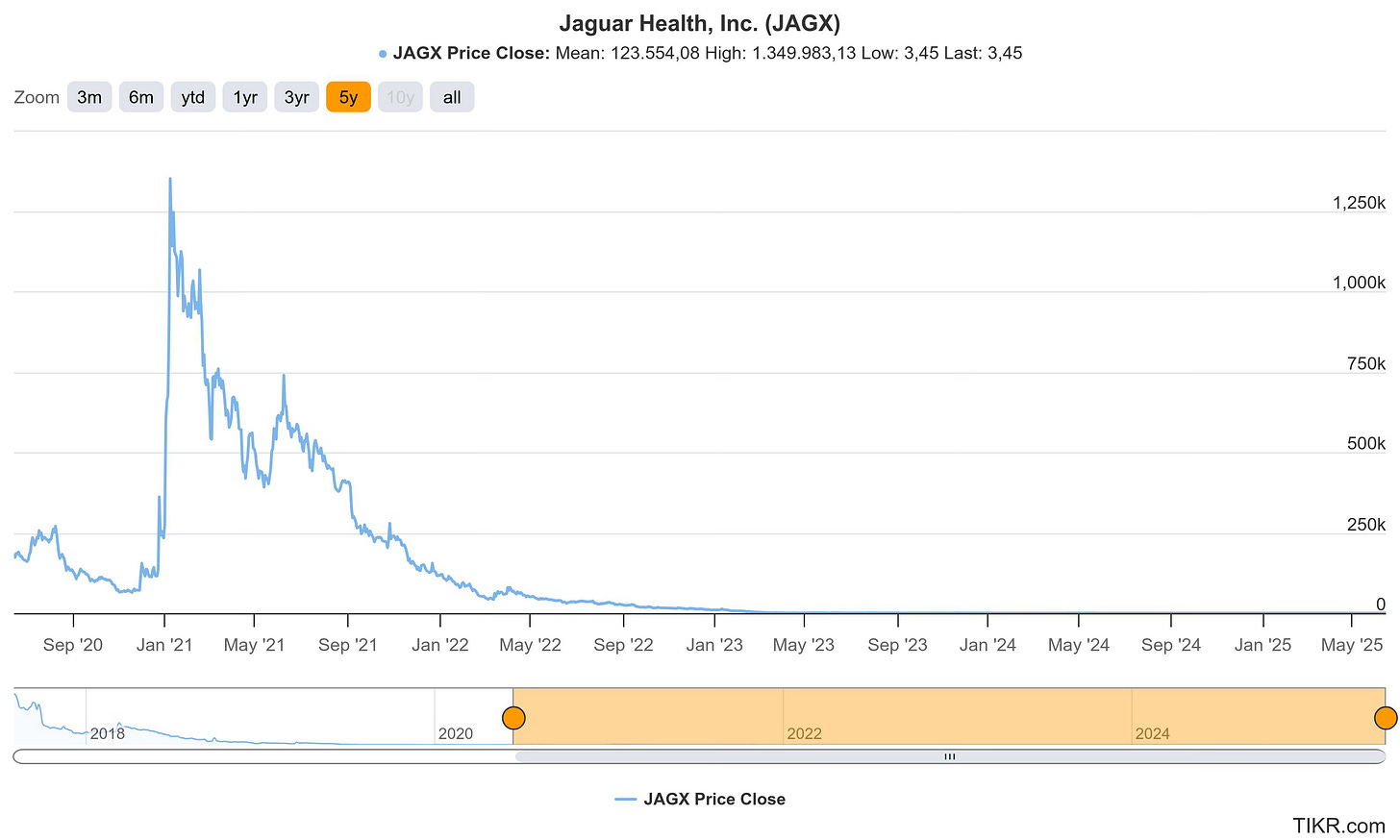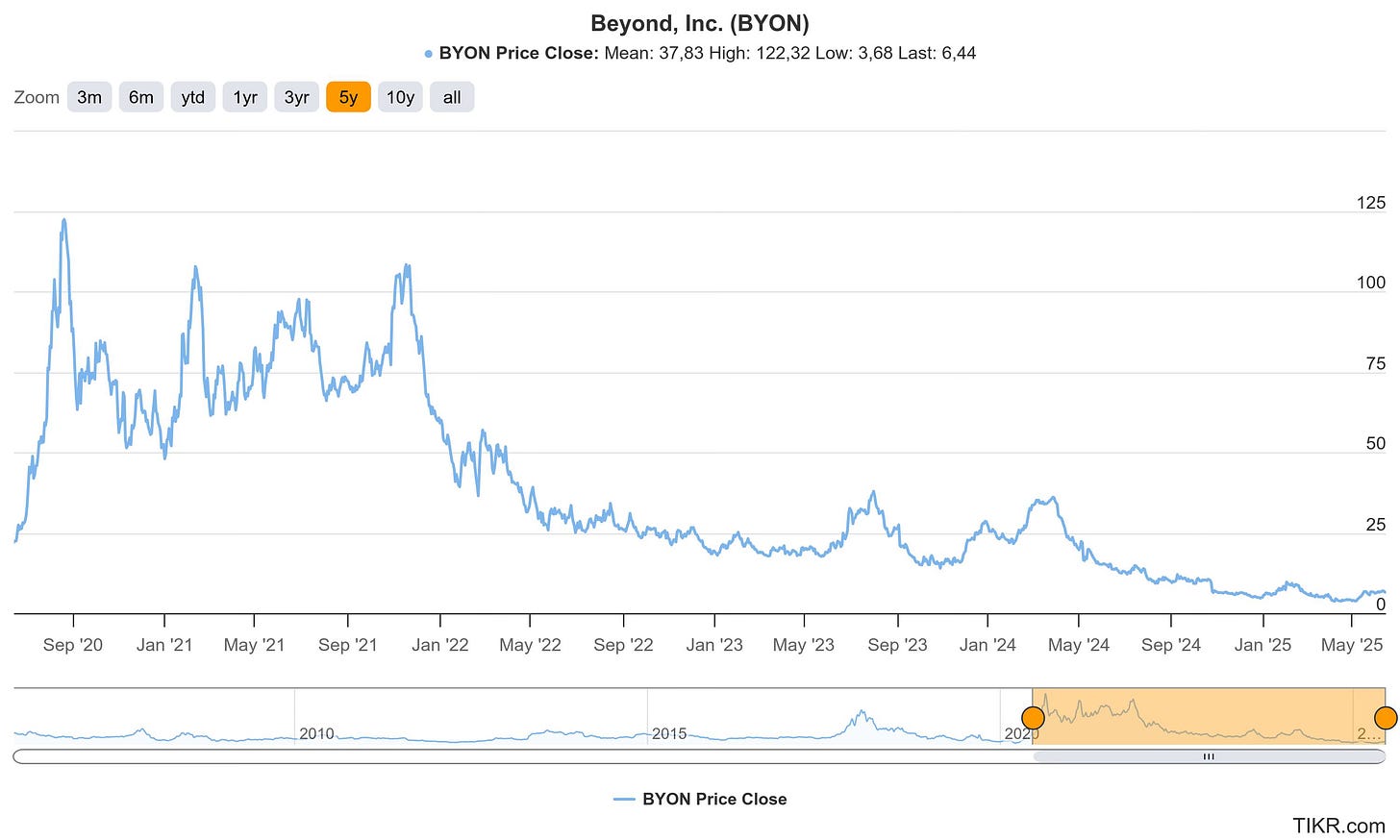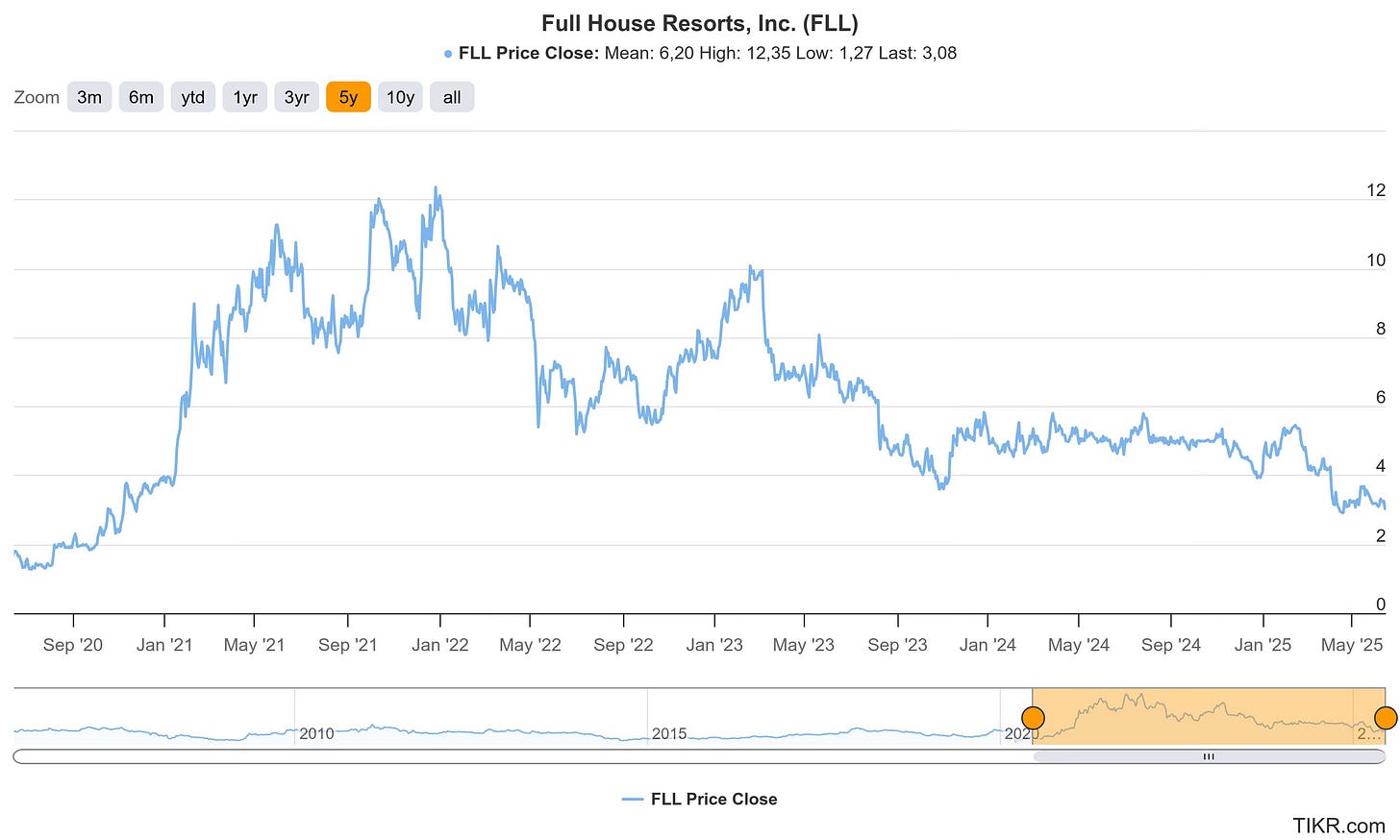Cursing on the Call: A Hidden Signal for Short Sellers?
The correlation between colorful language and company chaos
Dear investor,
I hope this message finds you well.
Most investors comb through earnings transcripts searching for clues about revenue, margins, or future guidance.
But what if the biggest tell wasn’t in the numbers…what if it was in the language?
Here’s an unconventional strategy that I use and that you can steal from me:
Screen for swear words.
When executives drop F-bombs, panic out loud, or get combative with analysts, it’s often more than just a slip of the tongue.
It’s a sign of stress.
Of poor communication.
Of a leadership team losing grip.
And where there’s emotional leakage at the top, there’s usually dysfunction beneath the surface - missed goals, toxic culture, poor strategy, or worse.
This might sound funny, but I’m serious.
In fact, I believe bad language is an underrated screening tool for bad companies -and potentially great short candidates.
The good news? You don’t need to manually read every transcript to find these red flags. One tool that I use is the Quartr App.
The Quartr App makes it surprisingly easy to scan for specific words across thousands of earnings calls.
Let’s screen for a few examples.
To keep it simple, I’m going to screen for a common swear word we all use:
Here are just a few of many eyebrow-raising examples I found:
“I’m pleased to say that patient advocates who are formal members of our Scientific Advisory Board and also part of the Jaguar community through our unbranded patient ambassador program, Make Cancer Less Sh*tty, are participants in our regulatory approach.” Lisa Conte, CEO of Jaguar Health
Maybe they should have chosen another name for their ambassador program?
“No brother. No, no, no. Listen, people ask me all the time why I spend time on sh*t. I usually don’t know the answer, but this one I do.” Marcus Lemonis, Executive Chairman of Beyond.
I also don’t know why he spends time on sh*t. Maybe he should spend it on running the company?
“There’s a competitor of ours who we would look at once in a while that may be acquiring. And boy, in the last couple of years, they went out and sold their good assets to a REIT and took the money from that leveraged against it and bought a bunch of sh*t.”
“But if you didn’t know that, and you just saw their presentation, it’s like the ugliest piece of sh*t I’ve seen.” Daniel Lee, CEO of Full House Resorts.
Sounds like the CEO hasn’t seen the share price of the company he’s supposed to run:
Here’s my simple theory:
If a CEO can’t keep it professional on an earnings call, they’re probably not running a tight ship behind the scenes either.
I’ve never seen a transcript from a well-run company that includes swearing or even casual slang. Not one.
If you’ve ever read the transcript of a strong performer (most people haven’t), you’ll notice they’re incredibly boring.
And that’s a good thing.
The language is neutral, measured, and focused on facts - even when things aren’t going well.
Now think about the opposite.
If a CEO drops an F-bomb while talking about supply chain issues, or a CFO gets snippy when asked about cash flow… what does that say about their ability to lead under pressure?
The best part?
You don’t need fancy tools or advanced skills to spot this kind of red flag.
Every public company’s earnings calls are transcribed and archived.
You can search them - like a behavioral database - for signs of stress and unprofessionalism.
And sometimes, those signs can lead you straight to your next short idea.
Final thoughts
How management communicates often reflects how they operate.
Companies with strong leadership cultures typically maintain professional standards even when facing difficult questions.
When that facade cracks and swear words start flying, it's often an indicator of deeper organizational problems that have already or haven't yet shown up in the financial statements.
For further reading on this topic consider the article below and the book “Investing Between The Lines - How To Make Smarter Decisions By Decoding CEO Communications” by L.J. Rittenhouse.
The rest is up to you.
Until the next issue.
Premium Content 📈
But of course, the real edge isn’t just avoiding the bad ones.
It’s owning the good ones.
The companies where you never hear an F-bomb… because they’re too busy compounding value, quietly, deliberately, and without drama.
These are the businesses built for long-term holders - not headline-chasers or terminal refreshers.
And I’ve found four of them (the 5th is getting prepared).
I’ve put together a set of in-depth stock analysis reports on four companies I believe every serious long-term investor should know - businesses with durable advantages, honest leadership, and the kind of boring brilliance Wall Street forgets to reward… until it’s too late.
If you’re tired of the noise, the panic, the guessing games… and just want to own quality - this is for you.
👉 Grab the reports here
Because the market screams. But the best companies whisper.
If you enjoy The Onveston Letter, let me and the algorithm know by clicking the “Like” button ❤️.
And if you aren’t a subscriber yet, then sign up below to not miss out on future articles.
For new readers: Check out all my previous posts here
Disclaimer: This analysis is not advice to buy or sell this or any stock; it is just pointing out an objective observation of unique patterns that developed from my research. Nothing herein should be construed as an offer to buy or sell securities or to give individual investment advice.








I'll be honest: this doesn't convince me. Correlation is not causation.